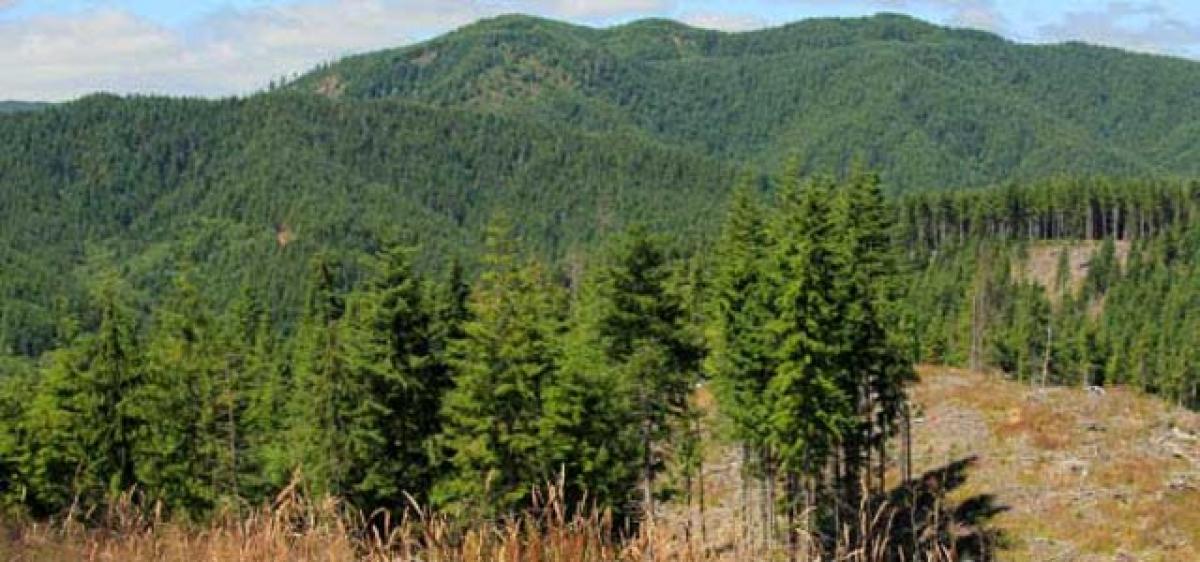Definition of forest land

In 1995, T N Godavarman Thirumulpad filed a public interest litigation in the Supreme Court of India, seeking protection to the Nilgiri forests from deforestation by illegal timber operations.
In 1995, T N Godavarman Thirumulpad filed a public interest litigation in the Supreme Court of India, seeking protection to the Nilgiri forests from deforestation by illegal timber operations. For the first time in the judicial history, the Supreme Court interpreted the meaning of the word “forest land” in applying the Forest Conservation Act, 1980.
The Forest Conservation Act prohibits the conversion of forest land for non-forest purposes without prior permission from the Central government. This imposes a ban on the State government to de-reserve the forests for any non-forest purposes. Even breaking up of the forest land is prohibited under the law.
Prior to this interpretation of forest land, there was no explicit definition to the word “forests” in statutory laws. Some state governments choose to apply the vaguely defined the term “forests” only to the category of “reserved forests.” The narrow interpretation of the forests used to pave the way for de-reserving other protected forests and allocating them for the commercial and industrial use.
In 1996, the Supreme Court interpreted the word “forest” by its dictionary meaning. Oxford Dictionary says defines forest as “a large area covered chiefly with trees and undergrowth.” According to this new broader definition, any forest thus defined, regardless of ownership would be subject to the Section 2 of the FCA.
Under the new interpretation of forest land under Section 2 of the FCA, states could no longer de-reserve protected forests for commercial or industrial (non-forestry) use without permission. Thus even the forests that exist in the revenue, non-forest areas or any other category of land would attract the provisions of the Forest Conservation Act 1980.
The Supreme Court passed an order stopping all the non-forest activities such as sawmills, mining operations and project works etc which had not received a permission from the Central government under the provisions of FCA. Barring the operation of forest department working plans, the Supreme Court temporarily suspended the tree felling activity in the forests.
With its order, the Supreme Court has become a forest protector and all the non-forest activities in the country were brought under its purview. Thus one has to refer the judgement of Supreme Court to understand the word forests and its implications under the Forest Conservation Act 1980.








